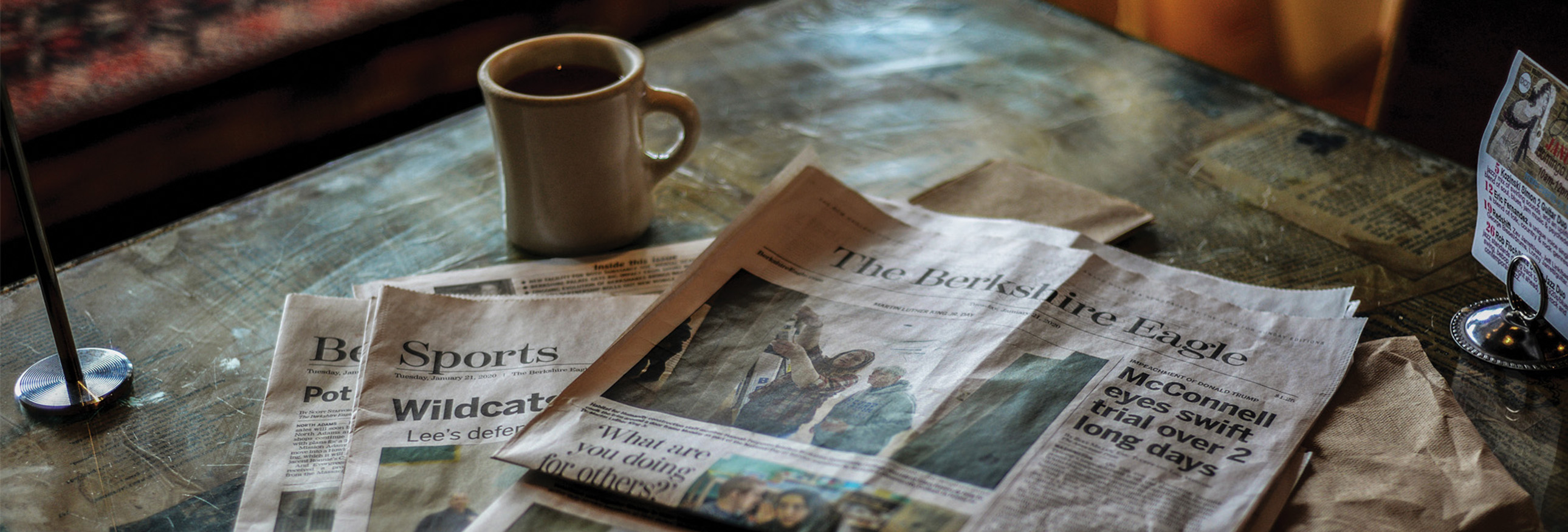
Fall 2024

It’s not exactly news that Americans are mistrustful of their federal government. What you may have heard less about is that trust in some historically respected institutions has also taken a hit in the post-pandemic years.
Trend Magazine

A recent Pew Research Center survey shows that almost 60% of Americans are dissatisfied with the way democracy is working in the United States. And one of the basic cornerstones of a democracy—electing our government representatives at every level—is suffering.
Trend Magazine

Midway through the 20th century, the news media was among the most trusted institutions in the United States. Today, it sits near the bottom of the list, outflanked only by Congress in most surveys. It’s one of those social facts that elicits a sense of self-evidence (“We needed a survey for that?”). Everybody knows the media has a credibility problem. And seemingly everyone has got a beef with the news.
Trend Magazine

Since the COVID-19 pandemic shook the globe four years ago, headlines and public conversations have focused on the public’s trust—and the lack of it—in science and medicine. But trust, mistrust, and distrust—we’ll get to the meaning behind those terms—have been changing shape in the U.S. for decades. Surveys show declines in trust in health care, especially among populations that historically have been harmed by medical research and scientific abuses whose legacies persist today.
Trend Magazine

Evictions are one of the most traumatic events any family can experience. So in the early 2000s, Michigan’s Department of Health and Human Services made rental assistance and other resources available to tenants with children who were facing being put on the street. The support was meant to provide families a softer landing at a turbulent time.
Trend Magazine





